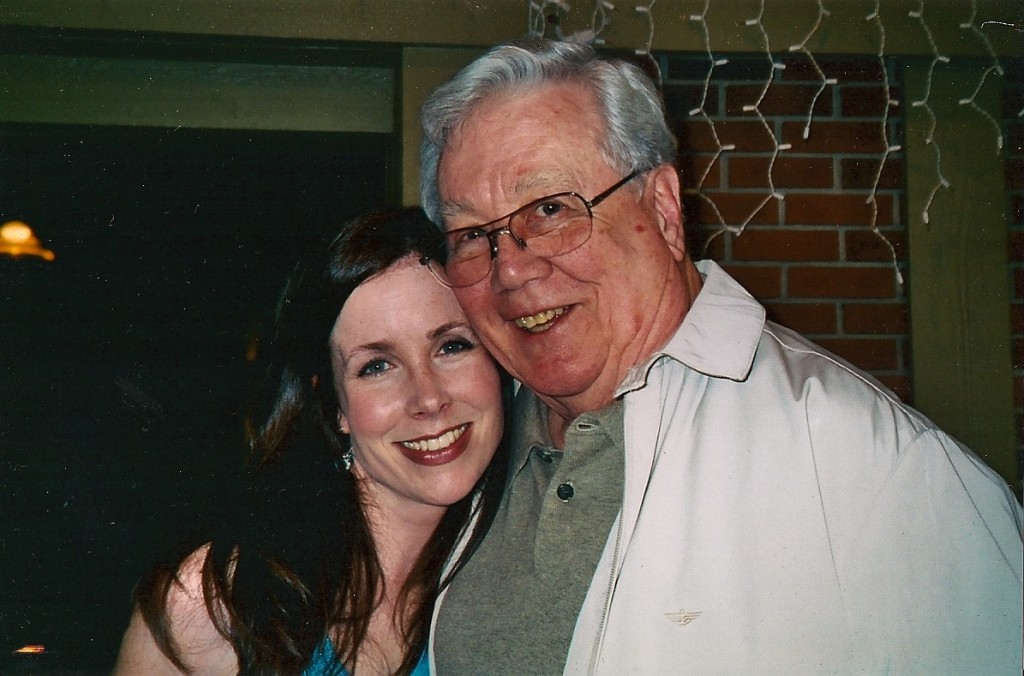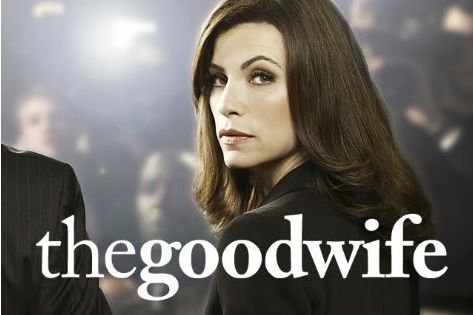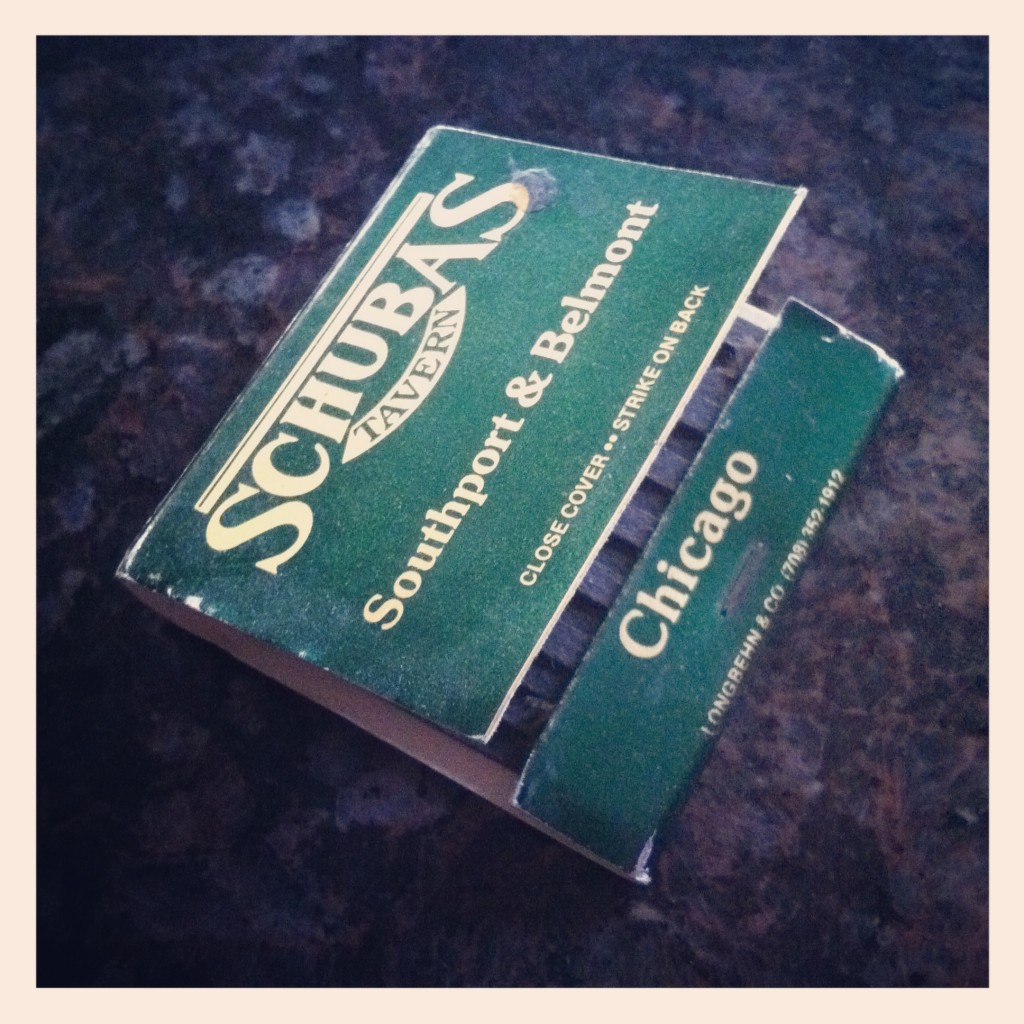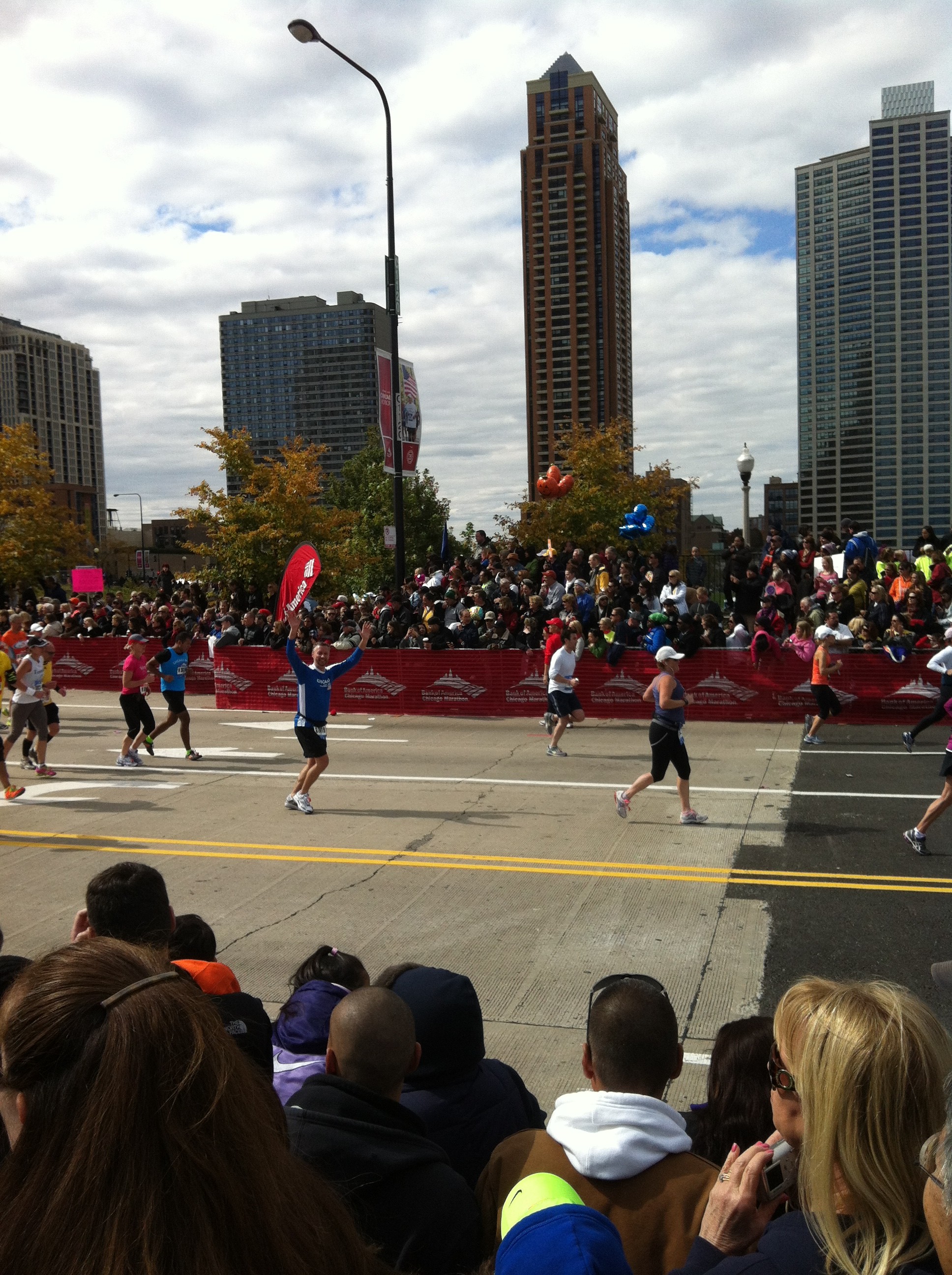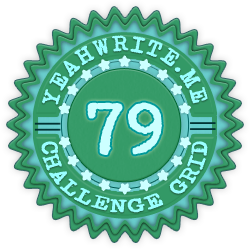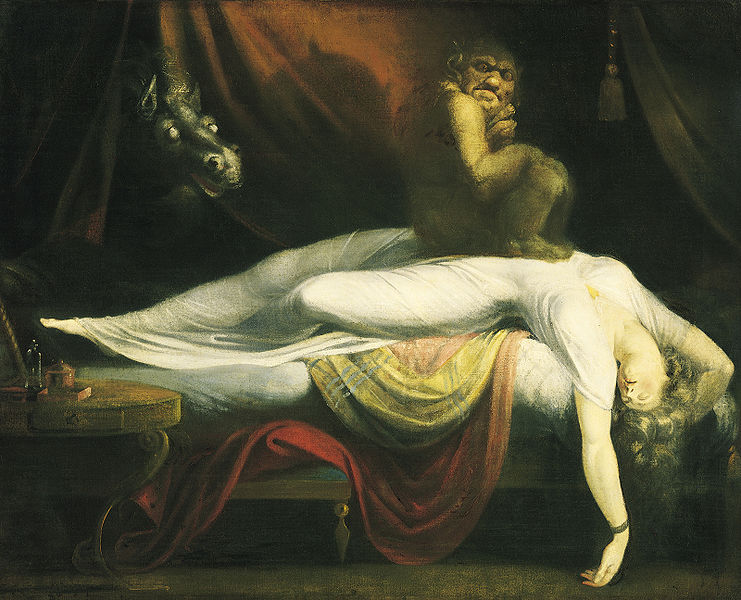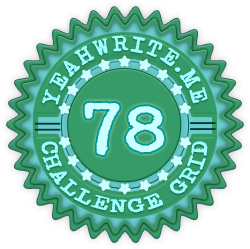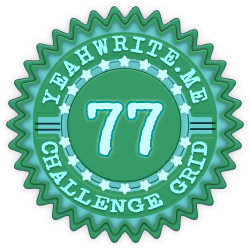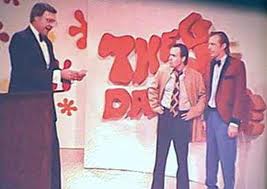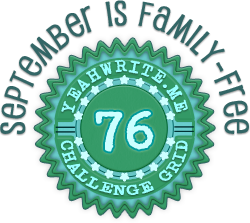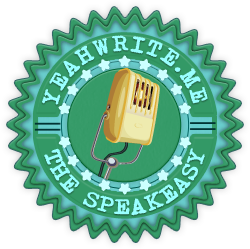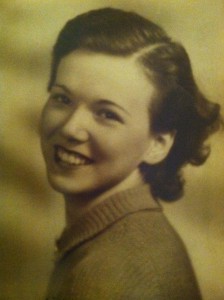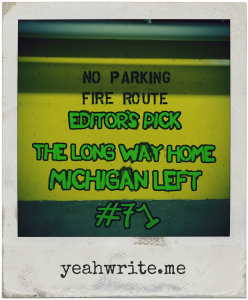I don’t remember placing a single ornament on our first ever artificial Christmas tree last year, not even the ones I bought for each of my children. I don’t recall shopping for gifts, wrapping them in patterned paper and shiny bows, or placing them under the tree. I have no idea what we made for the family dinner we hosted on Christmas Eve. I’m certain we did these things. I have the photographic evidence to prove it. But I have no memories.
Last year my aunt, who raised me and was a grandmother to my children, died four days before Christmas. She had been ill with pneumonia since Thanksgiving and passed away shortly after her 92nd birthday. Given her age, frailty and poor health, her death was a blessing. But that didn’t make it any easier for her children, grandchildren and all those who loved her to let her go.
The weeks surrounding my aunt’s death were a numb blur, and the holidays became something to endure rather than enjoy. I can see it in my glassy eyes and forced smile in a photograph of my husband and me that I don’t recall being taken on Christmas Eve. It appears that I put on the “happy mommy” show as best I could for my family, but it was as phony as our new tree.
After the holidays, we packed up the 12-foot, pre-lit tree, which my husband hated and hadn’t wanted to buy in the first place. He swore we’d get a real tree next Christmas. I don’t remember caring too much one way or another about the tree being artificial. I just didn’t want to look at it anymore.
As the weeks and months passed and took us further away from Christmas, my numbness faded. It may not be the nature of grief to release us entirely, but it does slowly loosen its grip. The darkness gradually lifts, and the good days, so fleeting initially, grow more frequent. The ghosts of our memories move to the outskirts of our thoughts, and we focus on those who remain before us. We remember to feel, we remember to live, and we desire to do both.
This year my husband tried to convince me to get a real tree, but I wanted to give “Tree-hemoth” a second chance. I even managed to talk him into putting it up the week after Thanksgiving, which is early for last-minute holiday non-planners like us. The door of my home office stays open all day so I can admire my glimmering fake fir.
I am feeling festive without pretending, but I haven’t deluded myself into expecting a picture-perfect holiday. I know there will be stress, and some things will go wrong. I will miss my aunt and everyone else who is no longer with us or cannot be here. But I’m ready to make new, happy memories with my family. My smile in this year’s photo will be real.



